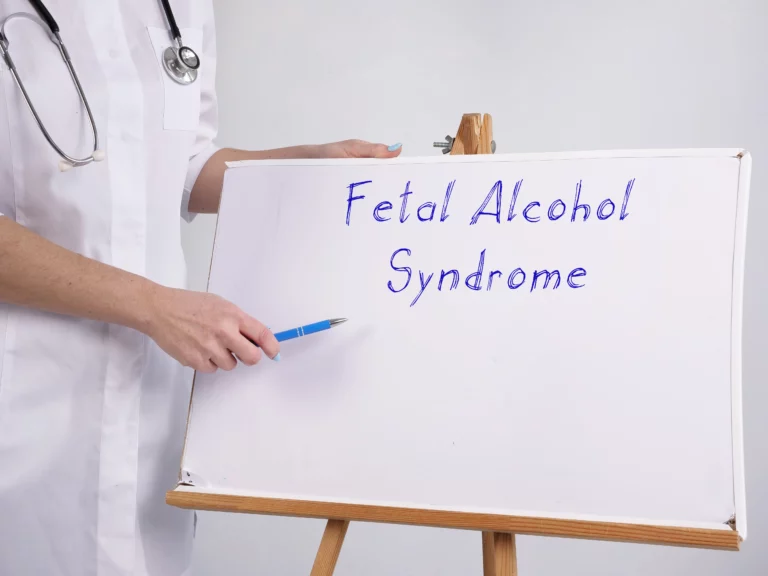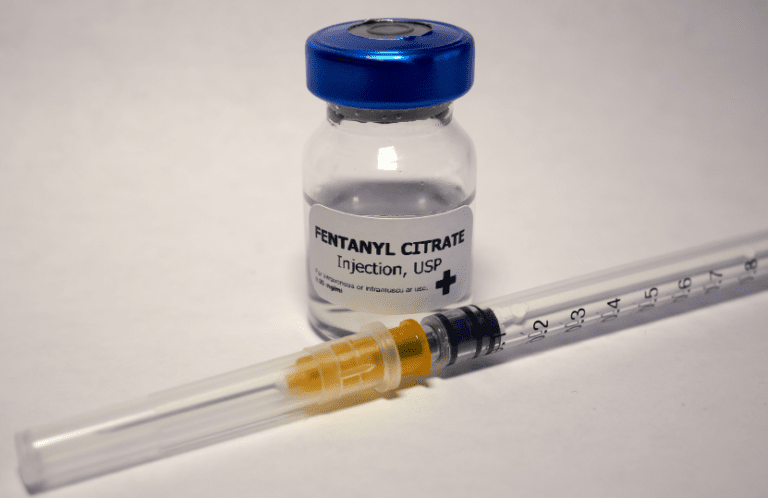7 Ways Addiction Affects Family and Friends
Addiction affects family and friends. The answer is simple: addiction affects them in many intense ways. Although addiction can be extremely damaging to the individual if not treated, many people don’t consider the effect addiction has on those around them.
Many people believe that battling addiction is a personal matter, but family members, children, parents, and friends of someone battling with a substance addiction may also experience emotional damage. In addition to financial, legal, medical, and other consequences, they may also suffer emotionally. Continue reading to learn about all the ways addiction can affect those closest to you.
How Does Addiction Affect Family and Friends?
Drug abuse alters the way a person thinks, behaves, or feels, but it frequently results in actions that hurt those around them. An individual with an addiction may lie to family or friends in an effort to hide their substance use. Some individuals with an addiction steal money or drugs in order to feed their habit. They may neglect their obligations to their families, including caring for their children or contributing financially. The following are just some of the ways addiction affects family and friends:

Increased Stress
When an addict is in the throes of their addiction, they are likely to leave all the responsibilities to their partner. Since the partner becomes an enabler, taking care of expenses, making decisions, raising the children, and cleaning up after the addict soon becomes a burden on the other parent. Having elevated levels of stress and anxiety are common among people who bottle up their feelings. This may cause them to experience high blood pressure and anxiety, in addition to unleashing their emotions all at once. The entire family may be even more stressed and uncomfortable as a result.
Loss of Trust
An addict’s failure to honor their commitments or promises contributes to further strain in their relationship. Addicts usually want to keep their promises but substances frequently make it difficult. This causes problems for their significant other who is frustrated because they are unable to fulfill their commitments. Their failure to honor their commitments to their children is also likely. People who don’t trust one another form weaker bonds. This may result in broken marriages and troubled children.
Abuse
Drug and alcohol abuse can alter a person’s behavior, personality, and decision-making abilities by altering brain neurotransmitter levels. A person who would never harm another person while abstaining from substances or alcohol might cause physical or emotional injury with alcohol use Drugs can cause a person to become more aggressive and less able to control their temper, resulting in a higher likelihood of physical abuse towards a spouse, child, friend, or another family member.
Financial Issues
It’s not cheap to fuel an addiction. Furthermore, alcohol or drug use is likely to result in the individual losing their job because of poor performance or attendance. When this happens, the family will turn to their savings to satisfy their addiction. This will cause them to have difficulty paying for things like food, clothing, utilities, and rent or mortgage. Driving under the influence or possessing drugs, for example, may result in legal issues. The associated expenses add to the financial problems.
Isolation
When a family member succumbs to addiction, a variety of feelings are typically experienced. Although fear, hatred, resentment, and anger are typical emotions, embarrassment may also cause people to feel ashamed of their loved one’s actions. As a result, family members may avoid going to social gatherings. For example, a parent may embarrass their child at a party by creating a scene.

Substance Abuse
In the majority of situations, children of individuals with drug or alcohol issues are much more prone to developing addictions themselves. Those affected will continue the circle of damage done to family members until an intervention takes place if this occurs. Seeing a parent cope with tension by drinking teaches a child how adults cope. When they mature, they begin drinking when they are under pressure without even thinking about it or understanding why, because it is how adults cope.
Codependency
The person in a codependent relationship with an addict is usually oblivious to the fact that they are not helping as much as they think they are. Codependent relationships are always one-sided. Someone who is codependent on an addict may be suffering because of their drug abuse, but they also enjoy being in charge of the “caretaker” role for that person. They enjoy being needed or being contacted by the addict for assistance in addition to enjoying the feeling of sacrifice for someone else’s good. An individual who is suffering from substance use disorder might be suffering from substance use disorder and not require the kind of help they are providing.
How is a Spouse Affected by Addiction?
The spouse is often the primary victim of addiction within a marriage. Addiction often results in a wedge between partners, with the person suffering from addiction being unable to see the full implications of his or her actions. You might be angry, sad, guilty, or ashamed as a spouse, but it is critical to seek professional assistance.
How is a Child Affected by Addiction?
Children are undoubtedly the ones who suffer the most when addiction infiltrates their family lives. For the most part, they appear to conduct their lives as usual—but symptoms such as sadness, trouble sleeping, or behaving badly at school are common effects of drug addiction. Children are highly adaptive, so the consequences might not be expressed until they grow older. Addiction is considered normal, and a harmful example is set, so most of the harm is done covertly.
How is a Parent Affected by Addiction?
If their young daughter or son falls prey to a substance use disorder, parents can be badly affected. It is difficult to not blame yourself. Blame and fault are unhelpful in this situation. The best things you can do in this scenario are to seek professional help and seek family therapy services to gain a better understanding of addiction.
How Can You Help Your Addicted Loved One?
It is just as crucial for loved ones of drug or alcohol addicts to receive assistance if they wish to help their addicted loved ones. If an addict chooses to continue down the path of addiction rather than getting well, family members and other loved ones must avoid being sucked into the intense despair that accompanies the addiction. Loved ones often experience anxiety, sorrow, shame, guilt, trauma, and other adverse feelings as a result of their loved one’s addiction. In order to cope with negative feelings, establish healthier boundaries, and refrain from remaining silent, you must begin your own healing journey.
You can’t force a person with a substance use disorder to stop using substances or to seek treatment, but you can support them in the following ways:

Educate Yourself on Addiction
You can gain knowledge about addiction so that you can better understand yourself and your loved ones. The SAMHSA.gov (Substance Abuse Mental Health Services Administration) website offers a wealth of educational and informative resources. You may better understand yourself and your loved ones by researching this subject. The internet and public libraries are excellent resources for learning about education, groups, support, treatment, and more.
Stop Enabling
Friends and family members often support addicts without recognizing what they are doing. When the illness takes root, it can be difficult for them, but it is important to let the addict experience the consequences of their disease rather than rescuing them. Don’t provide financial assistance to addicts or their addictions. It is common for family and friends to buy groceries, pay court fines, or pay rent in order to assist someone, but this only prolongs the condition as addicts are able to avoid consequences.
Set Boundaries
Loved ones often get tangled up in the addict’s lies and chaos, putting their own needs and emotions first. Setting and enforcing limits allows loved ones to take control of their lives, practice healthy detachment, and protect their health and well-being. The addict faces the natural consequences of their actions as a result of this. It’s alright to help the addict look for a job or select a treatment center, but they must establish clear limits on behavior they view as unacceptable.
Hold an Intervention
Interventions are a highly efficient way to penetrate an addict’s denial and get them into treatment. With an intervention, family and friends can notify the addict of the consequences of their destructive actions before its too late. In some cases, a simple conversation may be sufficient. Those requiring a more involved strategy are often assisted by a dedicated circle of family, friends, and colleagues, along with a professional interventionist in a formal intervention. A professional can help determine the situation, recommend treatment institutions, and ensure that the process continues to be productive and beneficial for everyone.

Oasis Recovery Can Help You
Do you have a loved one whose addiction is affecting their family and friends? If they agree to seek drug addiction treatment finding the right treatment program for your loved one can be a challenging task. Fortunately, the professionals at Oasis Recovery Center are here to help.
Oasis Recovery Center can assist you or a family member with overcoming drug or alcohol addiction. Through our various therapies and holistic treatment modalities, the specialists at our center can customize a treatment plan specific to your loved one’s unique wants and needs. You no longer have to bear the brunt of addiction. Contact Oasis Recovery today so that we may help you.









